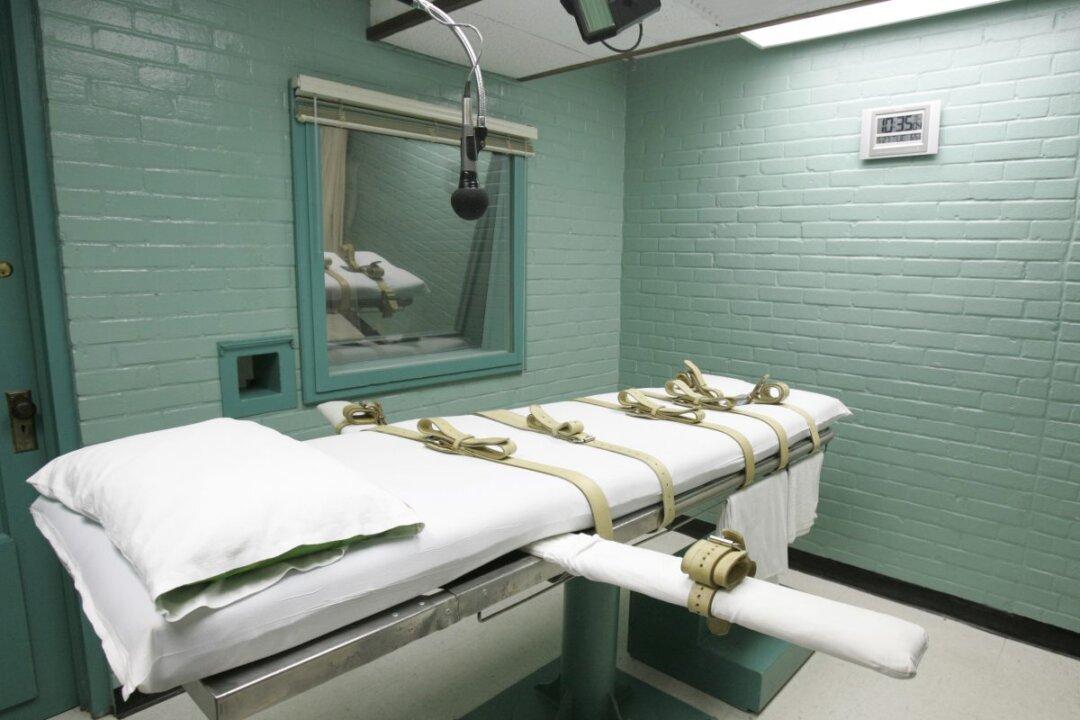Democratic senators have introduced a bill to ban the death penalty about a week after the Department of Justice (DOJ) announced that federal executions would be resumed following a nearly two-decade hiatus.
Sens. Cory Booker (D-N.J.), Dick Durbin (D-Ill.), and Patrick Leahy (D-Vt.), who are all members of the Senate Judiciary Committee, announced in a statement on July 31 that their proposed legislation would prevent the federal government from using capital punishment.




